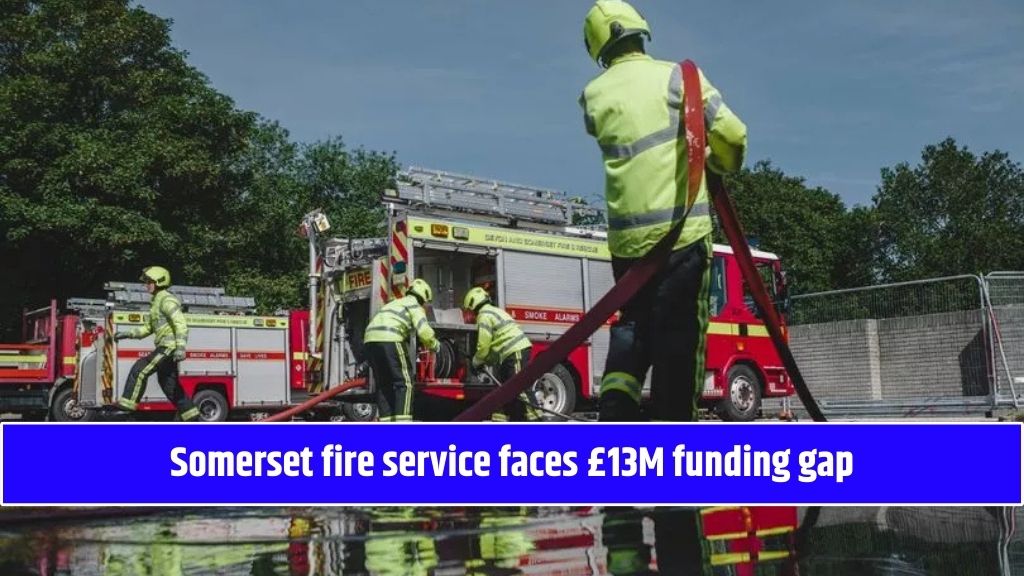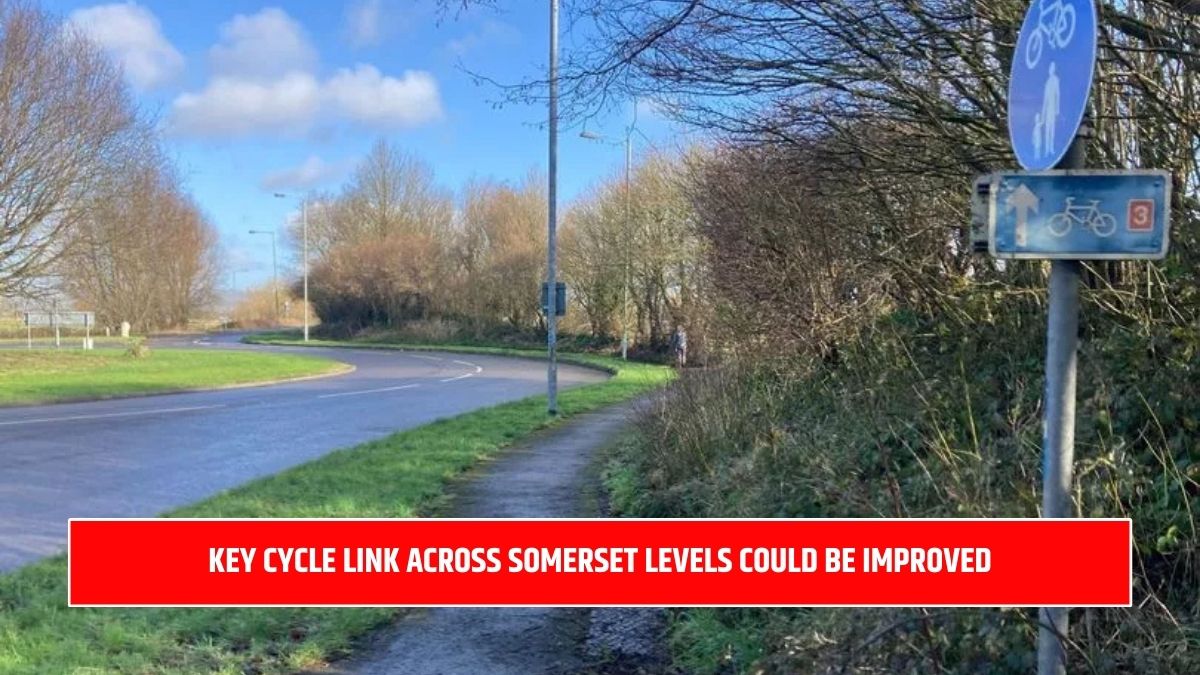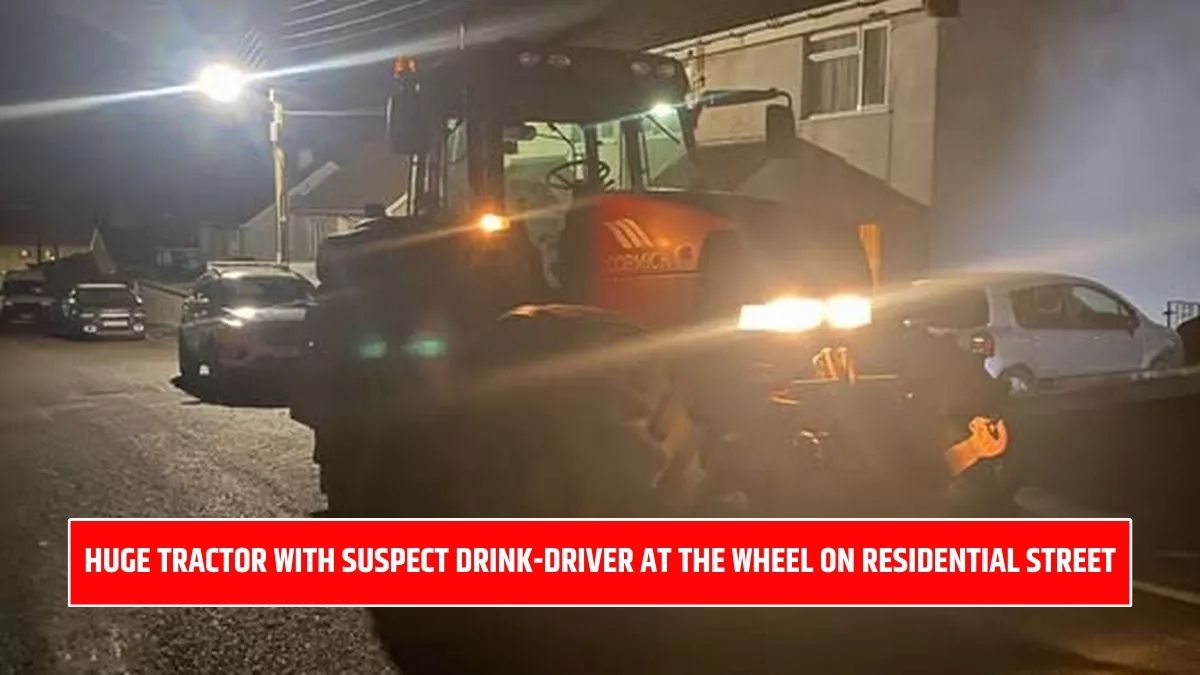Devon and Somerset’s fire service is facing a potential funding gap of £13 million over the next five years, according to a newly released financial plan. The service, which primarily relies on council tax and government funding, has limited control over its income and must find ways to balance its budget. Despite managing to set a balanced budget for the upcoming financial year, officials warn that financial challenges remain. Let’s explore the key concerns, funding issues, and cost-saving strategies being considered.
Fire Service Funding: Where Does the Money Come From?
The fire service’s funding comes from two main sources:
- Council Tax: The fire service can raise funds through council tax but is limited in how much it can increase its share. Holding a referendum to increase council tax contributions would cost an estimated £2.3 million.
- Government Funding: This is determined by national allocations and cannot be directly controlled by the fire service.
Projected Budget Deficit and Financial Scenarios
The medium-term financial plan (which extends to 2030) outlines several possible financial scenarios:
| Scenario | Estimated Budget Outcome |
|---|---|
| Worst-case scenario | £19 million deficit |
| Base case scenario | £13 million deficit |
| Best-case scenario | £7 million surplus |
Andrew Furbear, Head of Finance, believes the £13 million deficit is the most realistic forecast. However, he remains confident that the fire service can implement cost-cutting measures to close the gap.
Where Does the Money Go?
The largest expense for the fire service is staffing costs, which account for 80% of total spending. In the 2025/26 financial year alone, staffing costs are projected to be £88 million. This means that for every £5 spent, £4 goes toward paying employees.
How Will the Fire Service Reduce Costs?
The fire service is reviewing several areas to find savings, including:
1. Reviewing On-Call and Full-Time Staff Payments
The service is assessing how it pays its on-call firefighters and how full-time staff manage their shifts to improve efficiency.
2. Examining Tactical Rescuing Provision
Changes in how the fire service conducts rescues could help save money while maintaining public safety.
3. Changing Response to Automatic Fire Alarms
One of the most significant potential changes is how the fire service responds to automatic fire alarm calls.
- Over the past five years, the service received 55,000 automatic alarm calls.
- Fire crews responded to 27,000 of these calls.
- Less than 1% of these incidents required firefighting action.
Chief Fire Officer Gavin Ellis said that responding to these alarms takes up a lot of time and resources when many could be handled by the responsible person at the premises. However, he reassured the public that the fire service will always respond to alarms at night in places with a sleeping risk, such as care homes.
Public Consultation on Fire Alarm Response
The fire service is conducting a survey to gather public opinion on how it should respond to automatic fire alarms in the future. The survey is open until Wednesday, 9 April, and can be completed on the fire service website.
Additionally, the service is holding online Q&A sessions on:
- Tuesday, 25 February
- Wednesday, 12 March
- Thursday, 20 March
Devon and Somerset’s fire service faces a major financial challenge, with a possible £13 million deficit over the next five years. While officials are working on cost-cutting strategies, they acknowledge that more savings will be needed in the future. Changes in how firefighters are scheduled, how rescues are conducted, and how automatic fire alarms are handled could help reduce expenses while maintaining essential services.
| Visit for More News and Updates | WSOA NEWS |











